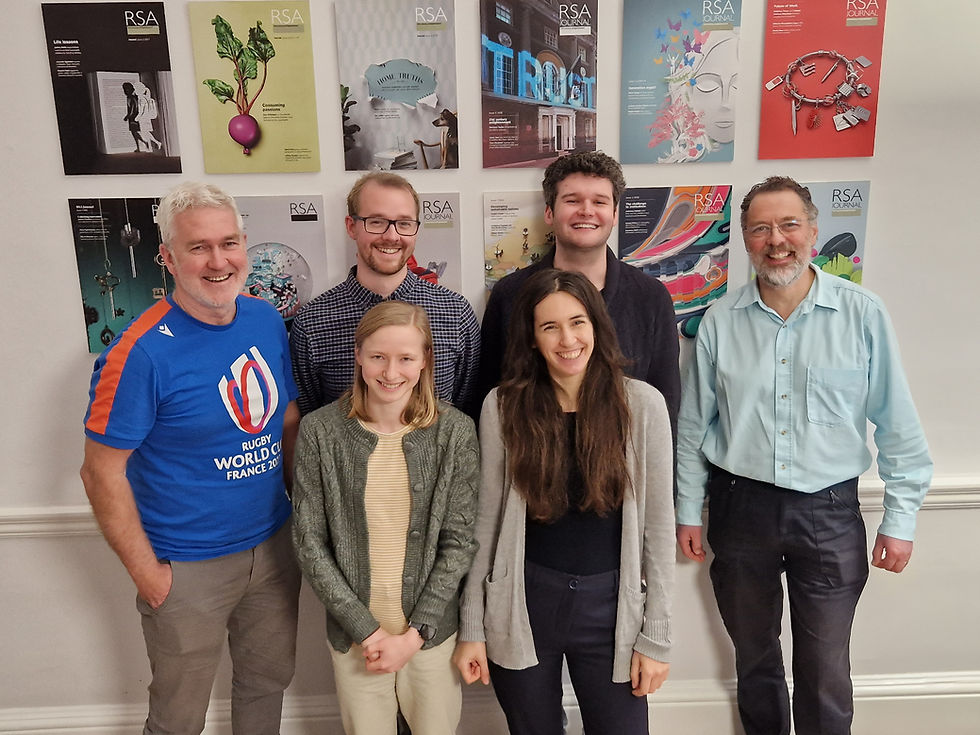More food, less land: ZCC invests in ClimateCrop
- Alex Gawley
- Aug 8, 2022
- 2 min read
Updated: Oct 7, 2022
Today, we are incredibly excited to announce our seed investment in ClimateCrop Ltd, an Israeli company using state-of-the-art gene editing techniques to improve the efficiency with which plants use sunlight to grow.
Plants capture energy from sunlight via photosynthesis and use it to grow. At the same time, they store a fraction of the same energy in the form of transitory starches in the leaves. The stored starches are used as a source of energy when the sun isn’t shining. However, the amount of starch that plants store in leaves is limited, meaning that there are times when they just can’t use as much energy as the sun provides. This is a fundamental bottleneck to photosynthesis and plant growth.
The team at ClimateCrop, led by CEO, Yehuda Borenstein, has found a way to enable plants to store more starch, so allowing them to utilise more of the sun's energy. Their novel approach has shown massive gains in yield (the amount of crop produced per hectare of land) and even makes the plants more resilient to adverse conditions. It could be game-changing for agriculture.
But why should a climate-focussed fund like us be excited? Well, agriculture is a huge source of emissions, from animal emissions to nitrogen-based fertilisers and, in particular land-use change. 50% of all habitable land on the earth is given over to agriculture, and land-use changes associated with growing crops for use as human and animal feed is responsible for over 2Gt CO2(e) emissions per year, nearly 5% of total human-caused emissions. Over the coming years, it is estimated that the number of humans on Earth will grow from 8bn to nearly 10bn, meaning more mouths to feed, more need for crops, more land-use change, and more emissions. We need to find zero-emissions approaches to improving agricultural yields so that we can feed more people using less land and causing less emissions. This is exactly what ClimateCrop does.
In addition, many of the nature-based approaches we have to capture carbon dioxide from the air also use photosynthesis, whether it be from algae, kelp, or trees. If we’re able to improve the efficiency of photosynthesis in those plants, they will capture carbon dioxide faster, accelerating our air-cleaning initiatives.
The ClimateCrop team are some of the smartest and most driven folks we have met in the climate space. They graduated from IndieBio and have recently won the Vectors BioInnovation x Climate Challenge. With their expertise in plant genetics and their passion for fixing climate change, we have no doubt that their tremendous discoveries so far are just the start.
We can’t wait to work with them to help them grow. Welcome ClimateCrop!




Comments